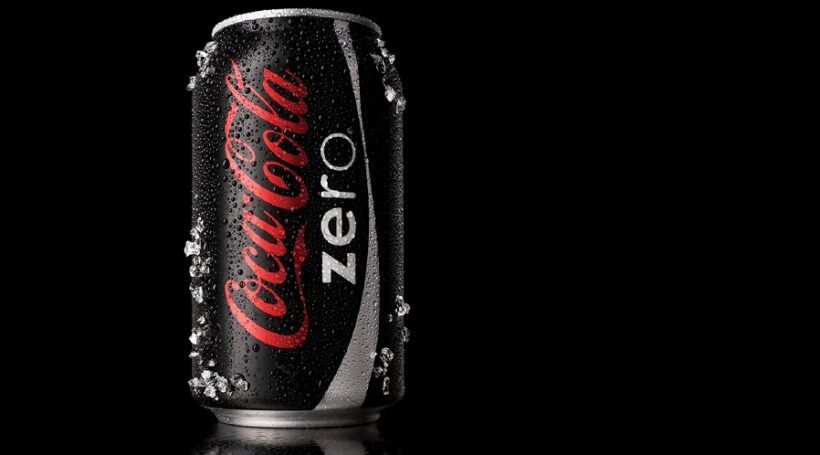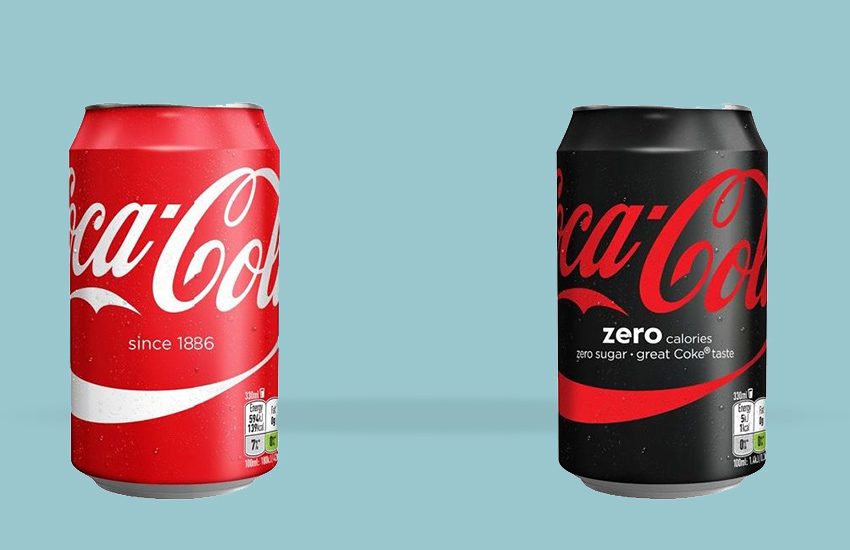What is the difference between Coca-Cola without sugar (Zero) and diet?
Diet Coke was introduced in 1982 and this drink was sweetened not with sugar but with calorie-free saccharin. When Donald Trump installed the Diet Coke logo in the Oval Office of the US President, the consumption of this drink faced ups and downs. Diet Coke’s popularity has been waning among consumers for years, despite the […]
Diet Coke was introduced in 1982 and this drink was sweetened not with sugar but with calorie-free saccharin. When Donald Trump installed the Diet Coke logo in the Oval Office of the US President, the consumption of this drink faced ups and downs. Diet Coke’s popularity has been waning among consumers for years, despite the former US president’s fondness for the drink.
On the other hand, Coca Zero was developed by the Coca-Cola Company as an alternative to the traditional Coca-Cola drink, which has a similar taste, but no sugar. Coca Zero has recently changed its name to Coca-Cola Sugar Free. Introduced in 2005, the drink has built a veritable empire of its own, with varieties including decaffeinated vanilla, cherry flavored and cherry vanilla, far more than Diet Coke currently offers. Meanwhile, Coca-Cola Zero and Diet Coke both have zero calories.
So what is the difference between them?
Coke Zero and Diet Coke have slightly different ingredients, which may be the reason for their different flavors. Diet Coke (according to the brand’s official website) and Coke Zero (according to the Coca-Cola website) both contain 40 milligrams of sodium, while Zero also has 60 milligrams of potassium. But most of the ingredients are the same between the two canned drinks, Diet Coke is made with citric acid, while Coca-Cola Zero contains potassium citrate and acesulfame potassium.

But chemically, Diet Coke and Coke Zero are almost similar drinks. The citric acid in Diet Coke means that consuming too much of the drink has the potential to destroy tooth enamel. But Coca Zero’s ingredient list is a little more secretive. Potassium citrate is used to add a sour taste to drinks and regulate acidity, while acesulfame potassium is an artificial sweetener that may affect your weight, metabolism, and blood sugar levels. This claim has no solid evidence, but health experts doubt it.
















Leave a Reply